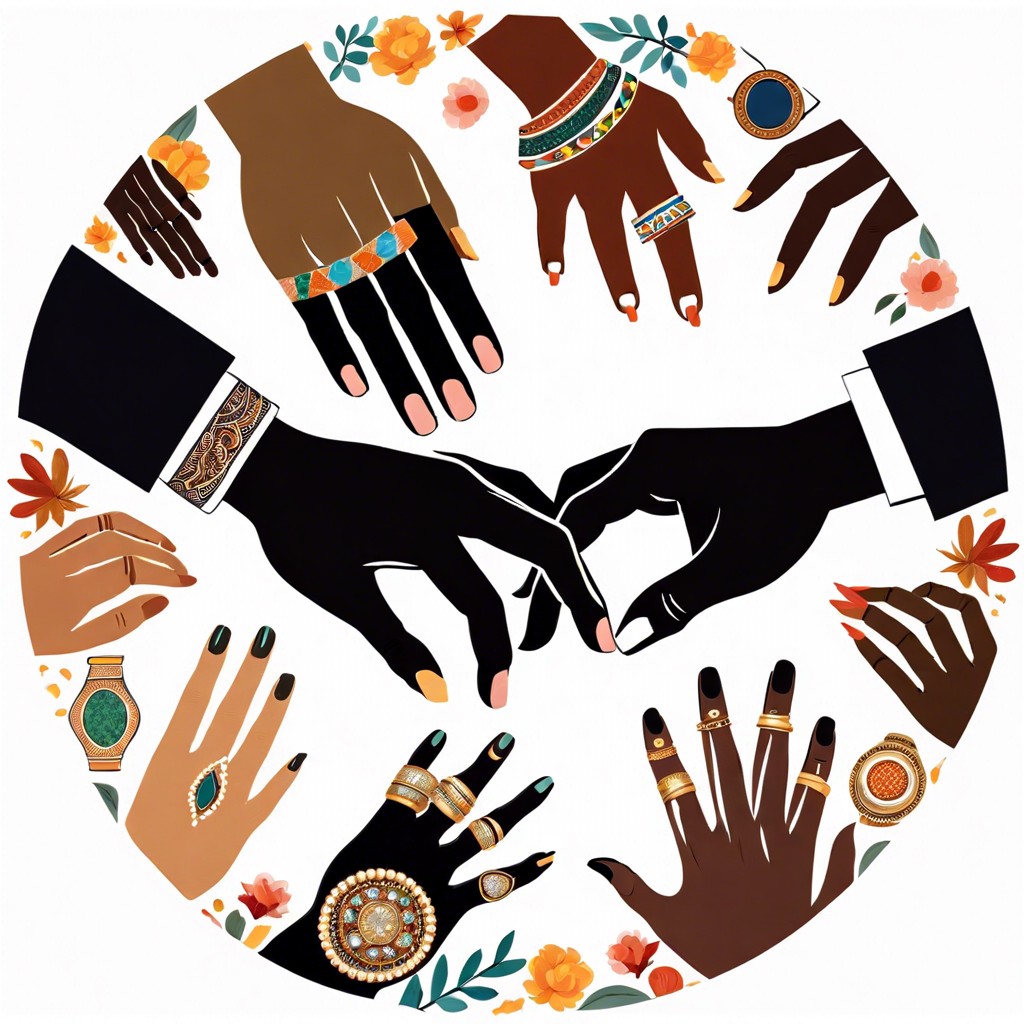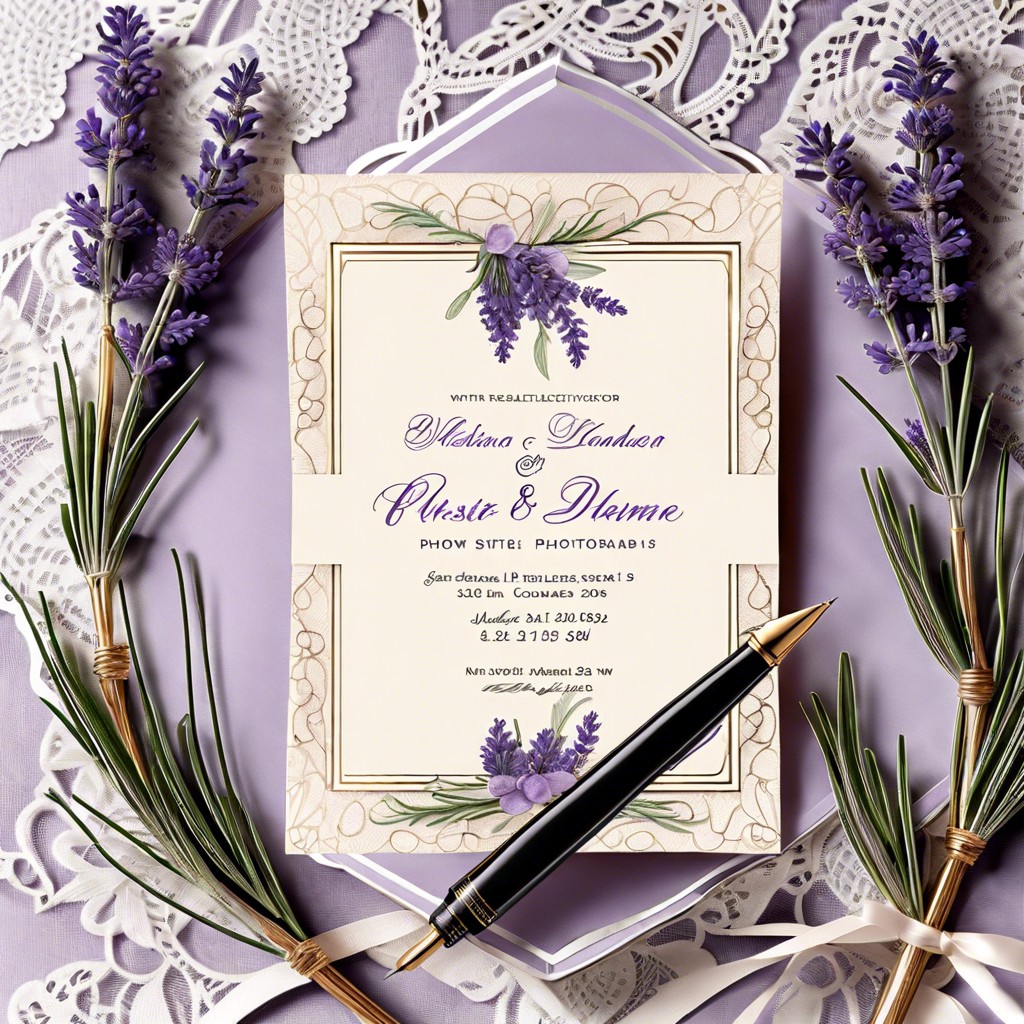Discover the essentials of planning a shotgun wedding, from time-saving tips to selecting the right vendors for a swift celebration.
Key takeaways:
- Quick marriages due to unplanned pregnancy or urgent life events.
- Additional reasons include immigration status or cultural expectations.
- Familiarize yourself with legal requirements and marriage licenses.
- Navigate social perceptions and stigma with open communication and support.
- Different regions have unique traditions and laws impacting shotgun weddings.
Understanding Shotgun Weddings

Shotgun weddings have historically been associated with premarital pregnancy, compelling a couple to marry rapidly to ensure the child is born within wedlock. Today, these ceremonies might also unfold quickly due to unanticipated life events, social pressures, or to honor cultural or religious beliefs that prioritize marriage in certain situations.
They are characterized by a hastened engagement period, which can range from days to a few months, as opposed to traditional engagements. Despite the pace, like any wedding, they symbolize a commitment between partners, though under more immediate circumstances.
Reasons for Shotgun Weddings
Traditionally, the term has been associated with the urgency to wed due to an unplanned pregnancy, ensuring that the child would be born within wedlock. Today, while this remains a motivator for some, the concept has broadened to encompass various urgent situations that prompt a couple to marry quickly.
Some couples opt for a swift ceremony due to an impending significant life event, such as one partner being deployed for military service or facing a serious health issue. In these cases, the desire to solidify their commitment legally and emotionally takes precedence, speeding up the wedding process.
Another compelling reason might be immigration status; marrying can sometimes offer a pathway to residency or citizenship, prompting a couple to expedite their nuptials.
In fewer instances, external pressures, such as family expectations or cultural mandates, might encourage a quicker walk down the aisle, aiming to align personal timelines with societal norms.
Legal Implications and Marriage Licenses
When planning a wedding under time-sensitive conditions, familiarizing oneself with legal requirements is crucial. Obtaining a marriage license is a necessary step, one that may have expedited options depending on your location. While most regions have a waiting period between the issuance of the license and the ceremony, some allow for exceptions which can facilitate a quicker process. It’s essential to check for any mandatory pre-marital counseling or blood tests, as skipping these steps can invalidate the license.
Always ensure consent is clear and legal; all parties must agree to the marriage voluntarily. Age is another critical factor since the legal age for marriage varies worldwide, and some regions may require parental consent for individuals under a certain age. Remember to verify if officiants have to be recognized by the state to perform a valid marriage ceremony.
Take note that a marriage license doesn’t equal instant marital status; it simply authorizes you to marry. The ceremony must still take place within the license’s validity period, and the signed license needs to be filed with the appropriate government office post-ceremony to legalize the union.
Dealing With Social Perceptions and Stigma
Navigating social perceptions and potential stigma requires sensitivity and a strong support network. Embrace open communication with family and friends to foster understanding. Prioritize the couple’s emotional well-being, remembering that a happy, healthy relationship is the central focus. Engage in positive framing—emphasize the celebration of a new family rather than the circumstances. Additionally, consider seeking counseling or support groups for encouragement. Remember, societal views are evolving, and a compassionate approach can often turn challenges into opportunities for growth and acceptance.
Legalities and Cultural Norms By Region
Different regions have unique traditions and laws impacting shotgun weddings. In some Southern U.S. states, for example, perceptions may be more accepting due to historical norms, while in urban areas, these events might carry more stigma. Legally, there’s often no differentiation from other weddings, but local laws regarding marriage license waiting periods can influence the planning timeline.
In various cultures, family honor plays a pivotal role, leading to expedited marriage arrangements. Japan’s “dekichatta kekkon” translates to “oops-we-did-it marriage” and is a more socially accepted response to unplanned pregnancies.
In Scandinavian countries, on the other hand, the emphasis on marriage before childbirth is less pronounced, reducing the urgency for such weddings. Meanwhile, European countries might vary widely in their bureaucratic requirements for marriage, which can slow down the process and affect how quickly a wedding can be arranged.
Regulations for shotgun weddings in each locale should be carefully reviewed to ensure that the union is legally sound and culturally sensitive. Understanding regional expectations can help navigate conversations with family, friends, and the community.



